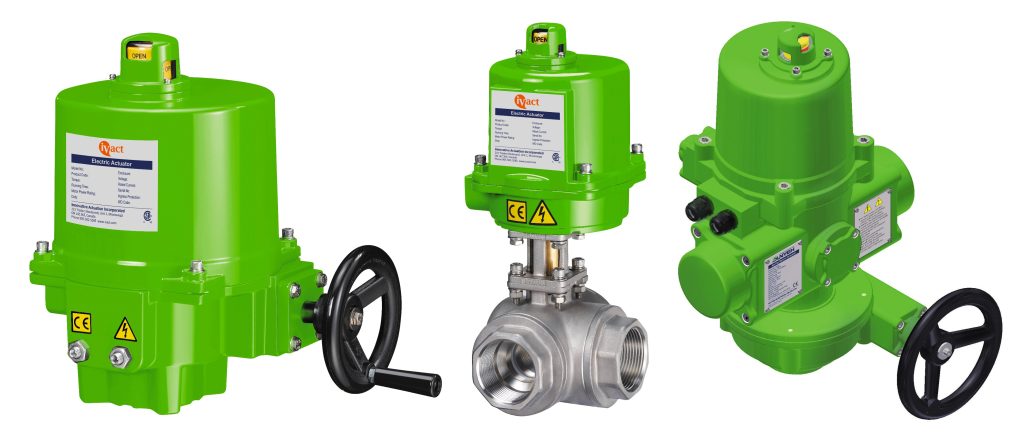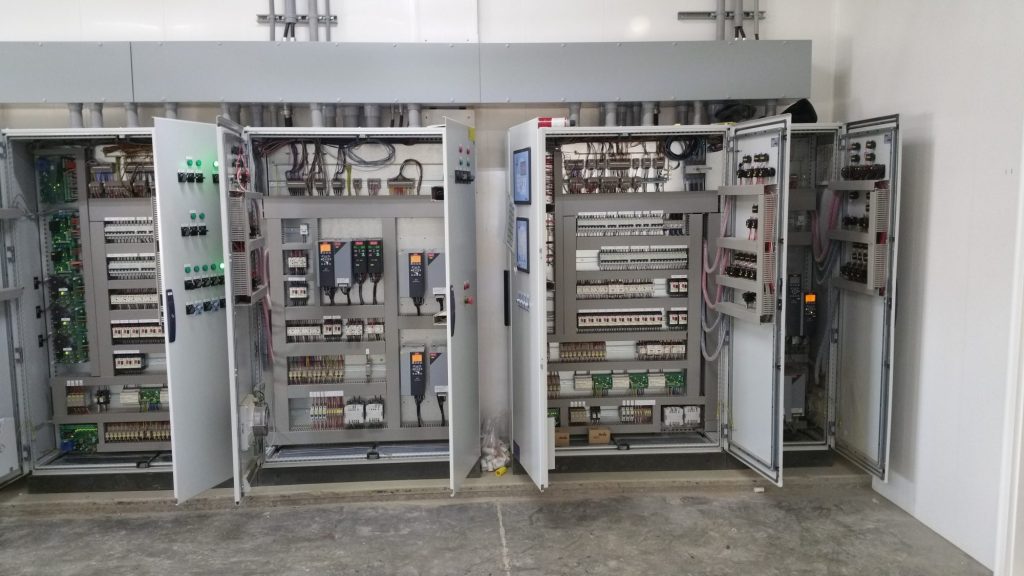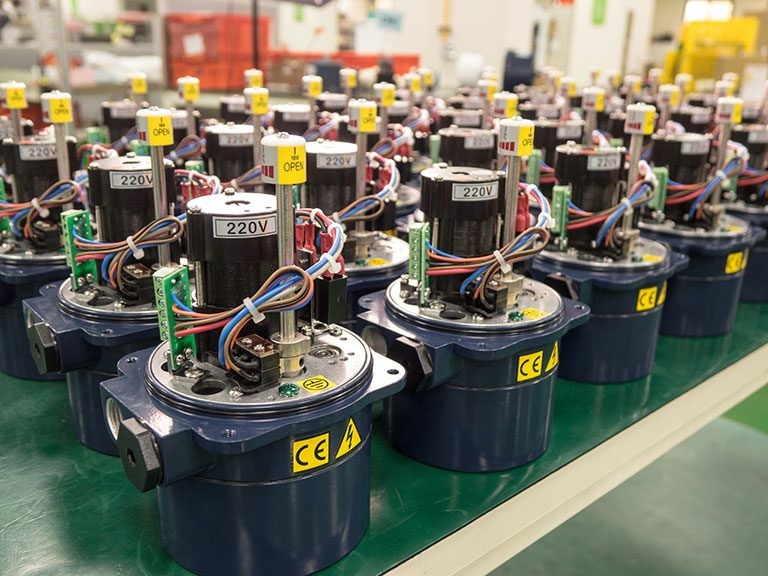Valve automation in various industries, including oil and gas, water treatment, and HVAC, increasingly prefer electric actuators due to their numerous advantages over traditional manual or pneumatic actuators. This blog post will explore the benefits of electric actuators and explain why businesses should consider them for valve automation.

Electric actuators provide precise control and accuracy because they rely on an electric motor, ensuring consistent movement of the valve. They are ideal for applications where precise flow control is critical, such as in chemical and pharmaceutical manufacturing. Additionally, electric actuators can be integrated into automation systems easily, enabling convenient monitoring and control of the valve's position.
Electric actuators are highly reliable since they do not depend on mechanical linkages that can wear out over time, and they require minimal maintenance, unlike pneumatic systems. Consequently, businesses can realize significant cost savings and increased uptime and productivity. Furthermore, electric actuators are more resistant to temperature and pressure changes, making them well-suited for use in extreme environments.
Another advantage of electric actuators is their energy efficiency. They consume less energy than pneumatic actuators and can be controlled via various means, from simple on/off switches to sophisticated digital controllers. This flexibility and precision in their operation enable businesses to achieve their energy savings goals.

In conclusion, electric actuators are a smart choice for businesses looking to improve their valve automation processes. The benefits of electric actuators include precise control, reliability, and energy efficiency that can help improve productivity, reduce costs, and increase overall system performance. If you're interested in learning more about how electric actuators can benefit your business, feel free to visit our actuators page here.

